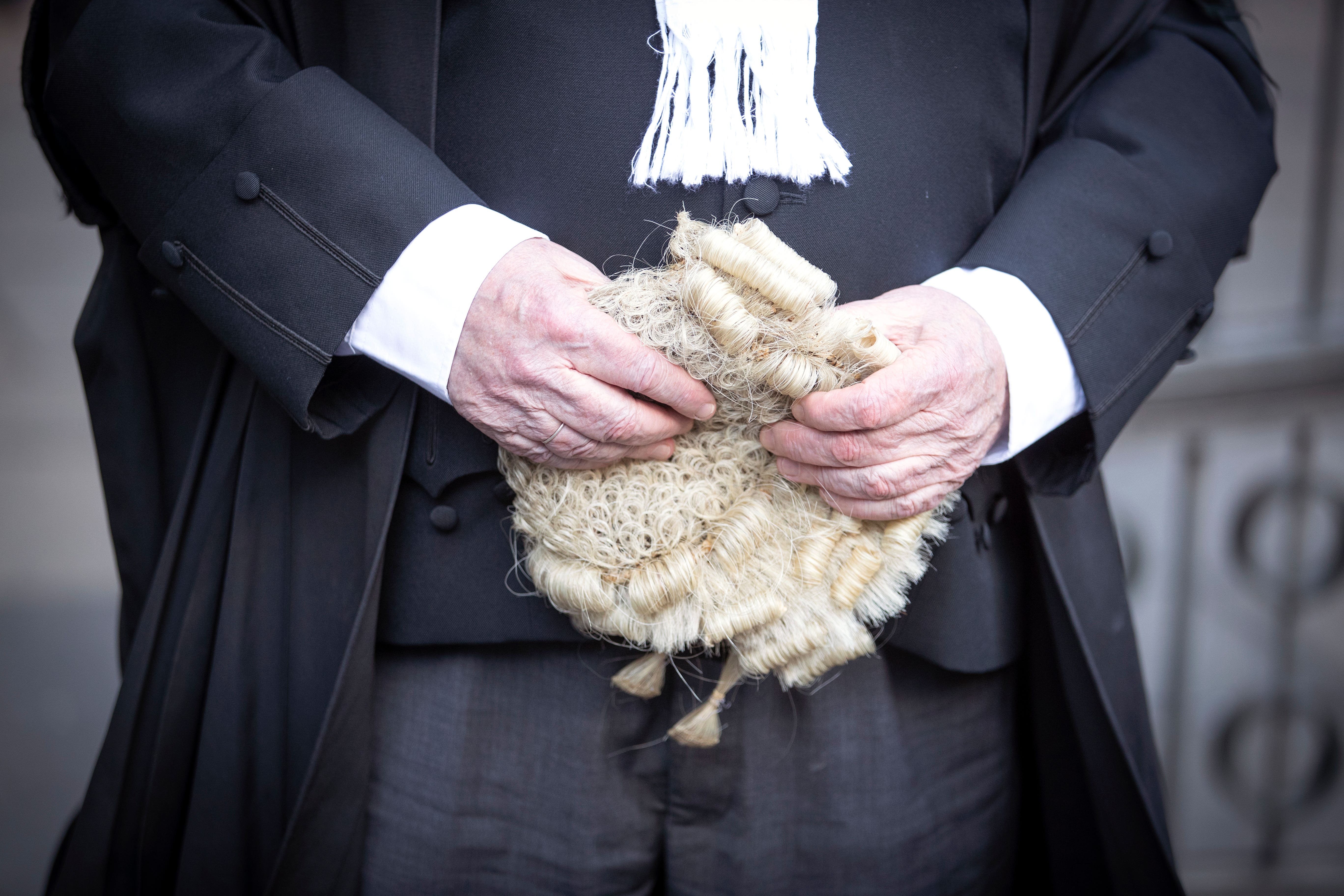Scottish independence court case: What happens next?
The Supreme Court is expected to rule on Wednesday.

The Supreme Court is set to rule on the Scottish Parliament’s power to hold a referendum on independence.
The Lord Advocate referred a prospective Bill to hold a vote next year to the UK Supreme Court in a bid to test if such a move was in the legislative competence of Holyrood.
There are multiple possible outcomes to the case.
– Court says referendum is within legislative competence of Holyrood
The Scottish Government has said that, should a referendum be within the gift of the Scottish Parliament, a Bill will be introduced and likely passed given the deal between the SNP and Scottish Greens.
Barring any issues, a vote would be held on October 19 next year.
But, according to legal expert Dr Andrew Tickell, the UK Government and other opponents of separation would not be powerless to stop another vote.
“Even if the Scottish Government win this and have the opportunity to pass a piece of legislation through Holyrood, this isn’t the end of the story,” he told the PA news agency.
“Are (the UK Government) going to block it using their Commons majority? They could do that as a matter of law.”
Dr Tickell added that the possibility of a boycott by opposition parties to any referendum would “create a whole range of interesting implications”.
Scottish Tory leader Douglas Ross has been the main proponent of such a strategy, but its use would cause issues for Scottish Labour.
– Court rules against Scottish Government
If the court rules Holyrood cannot hold a referendum, hopes of a vote without Westminster consent are dashed.
The Scottish Government will be forced to continue pushing for a Section 30 order that would provide Holyrood with the necessary powers to call another vote.
– Court refuses to rule on the referral
One of the more interesting possibilities would be if the court decides not to rule on the referral because the Bill has not been passed by Holyrood – a key plank of the UK Government’s argument against the referral.
In such a situation, a number of different possibilities open up to the Scottish Government.
Constitutional law Professor Adam Tomkins, who served as a Tory MSP in the last parliament, said he viewed this option as the most likely.
“The Scotland Act provides for a system of referring the legislative competence of Bills passed by the Scottish Parliament to the Supreme Court after they have been enacted,” he told the PA news agency.
“In this instance, not only has the Bill not been enacted, it hasn’t even been formally introduced into the Scottish Parliament – it hasn’t been debated by the Scottish Parliament, it hasn’t been amended by the Scottish Parliament, we haven’t had stage one or stage two or stage three.”
Prof Tomkins said the Lord Advocate, Dorothy Bain KC, was asking the court to rule on “a hypothetical”.
In the submission to the Court, Ms Bain said she was making the referral under paragraph 34 of schedule six of the Scotland Act, which says: “The Lord Advocate, the Attorney General, the Advocate General or the Advocate General for Northern Ireland may refer to the Supreme Court any devolution issue which is not the subject of proceedings.”
First, they could push ahead with the legislation and fight a Supreme Court challenge after its passage – but that would likely result in the resignation of Ms Bain, according to Prof Tomkins, which renders the approach the least likely.
In her submission to the court, the Lord Advocate said she “does not have the necessary degree of confidence” that the legislation was within Holyrood’s powers.
Alternatively, Ms Bain could change her position on the legislation’s competence.
Second, the Scottish Government could amend the ministerial code to say that in most circumstances, the Lord Advocate would have to deem the Bill within the competence of the Scottish Parliament, therefore allowing the legislation to be introduced.
“It’s the ministerial code that says when ministers make this declaration, they have to act on the Lord Advocate’s advice,” the former Tory MSP said.
Prof Tomkins added that such a change may cause “lots of noise”, but it would be “perfectly reasonable for Scottish ministers to amend their own ministerial code to say normally a (a declaration of competence) needs to be made on the basis of Lord Advocate advice but these are not normal circumstances”.
Or finally, the Scottish Government could pass the Bill to a high-ranking SNP member to introduce, given the less stringent legal requirements of members’ bills.
– Court rules referral not within powers of Lord Advocate but answers anyway
As was done with a legal challenge over abortion in Northern Ireland in 2017, the court could decide to answer the substantive question, while also accepting that the Lord Advocate did not have the powers to refer the draft Bill to the Court.
Any decision made in such a situation, Dr Tickell said, would not be legally binding, but would likely be treated as such.
Bookmark popover
Removed from bookmarks